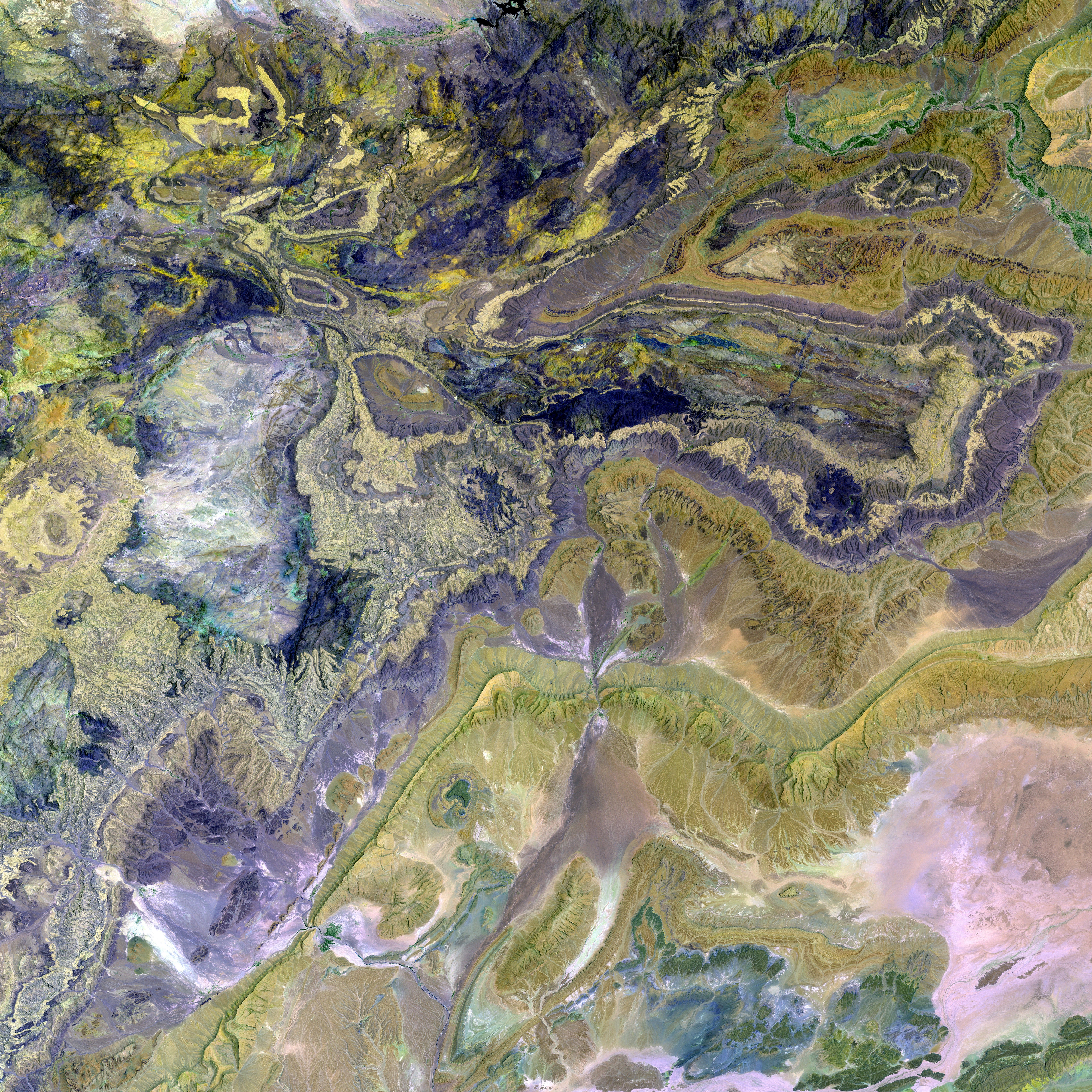Citizens of Venezuela Vote for Local Initiatives in Nationwide Election
On April 22, 2024, the bustling streets of Caracas were filled with excitement as Venezuelan citizens flocked to their local polling stations for the so-called National Popular Consultation.
This unique election allowed residents to vote on local projects that would receive funding from the Venezuelan state. The government set aside a staggering $45 million, or $10,000 per initiative, for these community-driven projects. President Maduro hinted at the possibility of holding these consultations more frequently in a Monday broadcast.
The majority of projects up for vote focused on infrastructure and public service repairs or improvements, as well as support for productive endeavors. The results of this historic event will be published on the SINCO platform managed by the Ministry of Communes.
In El Panal Commune of barrio 23 de Enero, the winning initiative was the purchase of a much-needed ambulance to bolster local healthcare services. In communes like 5 de Marzo in Caracas and Vencedores de Carorita in Lara state, residents showed their support for improving water supply infrastructure.
Despite logistical support from the National Electoral Council (CNE), the election did not use automatic voting machines or an electoral roll. Additionally, under Venezuela’s popular power legislation, citizens aged over 15 were allowed to participate.
Official turnout figures were not released. However, in several communes consulted by Venezuelanalysis, or which shared their results on social media, participation ranged between 25 and 45 percent.
Minister of Communes Guy Vernáez celebrated the active role of grassroots organizations and spokespeople in yesterday's event. He also appreciate international activists who supported the vote in various electoral centers.
While these National Popular Consultations offer a unique opportunity for citizens to shape their communities, it is important to consider the broader context. Recent developments related to participatory mechanisms and political processes suggest that these consultations may not be as regular as they seem, but rather ad hoc and politically driven.
The example of Venezuela's 2023 non-binding referendum to assert sovereignty over Guyana's Essequibo region demonstrates this trend. Such referendums are typically used for political purposes rather than fostering institutionalized civic engagement.
Moreover, there is a risk of systemic suppression of dissenting voices during these state-aligned consultations, as evidenced by the IACHR’s January 2025 precautionary measures for Gustavo de los Reyes Ruiz, an opposition activist who faced harassment by state agents during political activities.
It's also worth noting that border tensions with Guyana and heightened militarization could potentially impact local communities through resource conflicts. In addition, ongoing state actions against opposition figures strain community trust in institutional participatory processes.
In conclusion, while National Popular Consultations offer a valuable platform for community-driven projects, their irregularity, politicization, and potential risks suggest a need for increased transparency and democratic governance in Venezuela.
- The National Popular Consultation in Caracas, held on April 22, 2024, was a unique election that allowed Venezuelan citizens to vote on local projects funded by the state.
- The winning initiative in the El Panal Commune was the purchase of an ambulance to improve local healthcare services, while residents in communes like 5 de Marzo and Vencedores de Carorita focused on improving water supply infrastructure.
- Despite logistical support from the National Electoral Council (CNE), the election did not use automatic voting machines or an electoral roll, and citizens aged over 15 were allowed to participate.
- The irregularity, politicization, and potential risks of the National Popular Consultations suggest a need for increased transparency and democratic governance in Venezuela, as evidenced by ongoing border tensions, heightened militarization, and issues related to dissenting voices and institutional trust.









